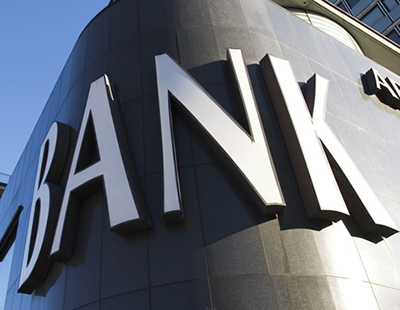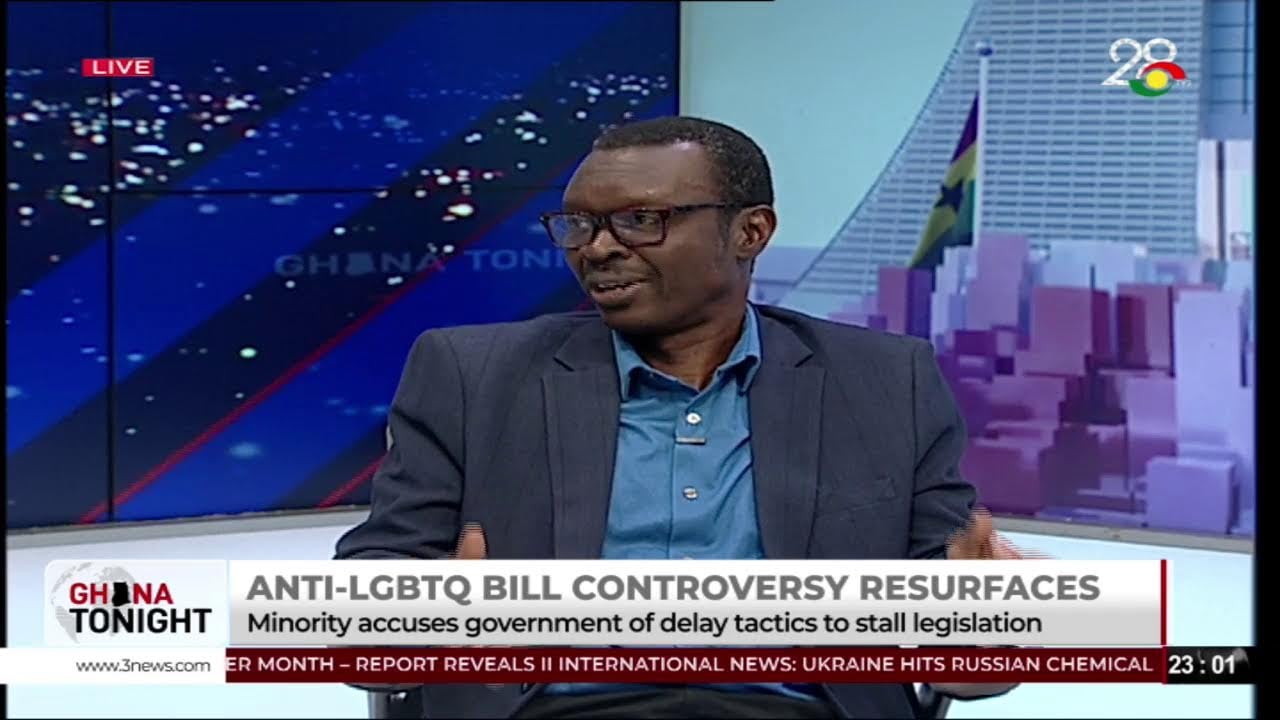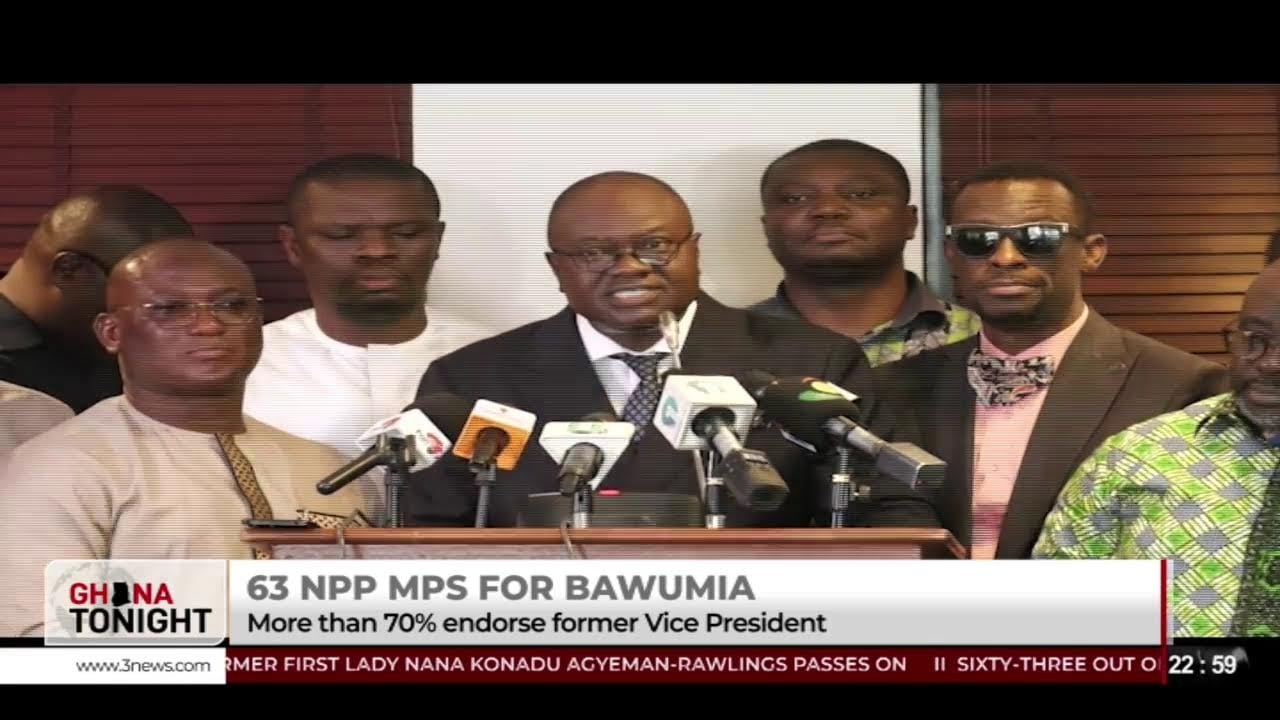
- Costing nation US$20bn in transfers
- Several banks implicated in the act
By Joshua Worlasi AMLANU & Ebenezer Chike Adjei NJOKU
Deep-source information obtained by the Business & Financial Times (B&FT) has revealed that some commercial banks in the country may have facilitated billions of dollars in foreign currency transfers without corresponding imports, in what would be one of the most extensive compliance lapses in recent years.
The findings suggest that profit motives and weak oversight combined to undermine the Bank of Ghana’s (BoG) import verification regime, resulting in US$20billion of undocumented forex transfers between April 2020 and August 2025.
According to the data reviewed, 17,771 Import Declaration Form (IDF) applications were used by importers to transfer funds exceeding BoG’s allowable threshold of US$200,000 – the limit beyond which supporting import documentation must be submitted. Despite this rule, banks continued to process transactions for clients who have breached the limit… suggesting that internal compliance systems either failed or were ignored.
In total, banks transferred over GH¢31billion (approximately US$20.4billion, on account of exchange rates over the timeframe) across various currencies within the five-year period without validating import documentation.
The transfers were heavily concentrated in major currencies: 85 percent in U.S. dollars, followed by euros and pounds sterling which together accounted for more than 97 percent of all transactions without confirmed imports.
A financial intelligence source with knowledge of the audit told B&FT that: “Some banks overlooked the regulatory ceiling and processed multiple transfers on behalf of the same clients, even when red flags were evident”.
The source added: “There was no clear evidence that most of these transactions were linked to genuine imports. The lack of cross-checking between the Customs system and bank reporting channels created fertile ground for abuse”.
The information reviewed indicates that out of more than 525,000 IDF-linked transfers recorded between April 2020 and August 2025, worth over GH¢83billion, only about 10,440 IDFs were actually used to import goods.
This means less than 2 percent of all transfers were followed by physical imports, leaving more than GH¢80billion worth of foreign exchange outflows unexplained.
Further analysis showed that approximately GH¢127billion in funds were remitted for imports valued at only GH¢51.8billion, implying that nearly GH¢75.5billion worth of transfers were not supported by corresponding imports.
That level of under-declaration represents roughly 40 percent of the true import value, leading to an estimated GH¢22.6billion of losses in Customs duties and taxes over the five-year period.
Last week, the Ghana Association of Banks (GAB) issued a statement seeking to clarify the industry’s position – noting that banks had observed a growing trend wherein some importers use an IDF to initiate advance payments, only to generate new IDFs upon the arrival of goods in an attempt to under-invoice and evade Customs duties.
“Since banks do not control IDF issuance, these activities occur outside the banking system’s visibility and oversight,” the Association said.
However, the explanation has been viewed by some analysts as an attempt by banks to deflect responsibility for weak compliance.
Banks are prohibited from facilitating advance foreign exchange transfers abroad on behalf of any importer for the purpose of importing goods if the importer has failed to fully account for any outstanding transfers beyond the regulatory period (90 days for general merchandise and 180 days for plant and machineries) up to US$200,000.
Data independently verified by B&FT show that some institutions processed more than 2,500 transactions, with the highest total transactions by one of the major banks amounting to about GH¢3.23billion and the lowest around GH¢87.43million across various currencies during the five-year period.
Such volumes suggest systemic lapses that cannot be fully attributed to importers alone.
Experts familiar with the matter note that each transfer brings in fees, so there’s a structural temptation to process as many as possible. When compliance checks slow things down, they may be treated as secondary.
Dr. Richmond Atuahene, a banking governance and compliance expert, has warned that Ghana’s banking system has become a weak link in the country’s anti-money laundering (AML) framework… with profit motives often overshadowing compliance obligations.
He said banks, which are supposed to serve as the ‘gate’ against illicit financial flows, have failed to enforce due diligence requirements under the Money Laundering Act.
“Since 2008, when the Act was passed, we have trained executives and directors to detect suspicious transactions,” he said.
“Unfortunately, many now think more about profitability than compliance. They see deposit mobilisation and transaction fees as more important than preventing money laundering,” Dr. Atuahene added.
He recounted how banks used to follow a strict process under the IDF system by verifying pro forma invoices, bills of lading and certificates of shipment before making payments.
“In those days, about 12 documents had to be verified before a transfer was made. Today, that control is gone,” he said, noting that funds are now being transferred without evidence of goods arriving in the country.
He described the current situation as “a complete weakness” within the banking sector and Financial Intelligence Centre (FIC).
Experts say such gaps are not just a fiscal concern but also a macroeconomic risk, given that these unverified transfers directly inflate demand for foreign exchange – distorting the market and putting pressure on the cedi. Effectively, when billions leave the system without corresponding imports, it undermines both currency stability and revenue collection.
B&FT’s sources said the period between 2023 and 2024 recorded the highest volumes of unverified transfers; the same years Ghana experienced its steepest currency depreciation. The cedi lost nearly half its value over that period, a trend the audit links to rising “phantom” import transactions which drained forex reserves.
Banks earn transaction fees and spreads on every foreign currency payment processed, providing a financial incentive to prioritise volume over verification.
Some analysts say the issue exposes long-standing weaknesses in coordination between BoG, Ghana Revenue Authority (GRA) and the Customs platform – the Integrated Customs Management System (ICUMS). The systems are not fully linked, allowing banks to approve forex transfers without automatically verifying that goods arrived or duties were paid.
“Banks have relied on importers’ declarations without independent confirmation,” said another source within the audit team. “In some cases the same IDF number was reused multiple times for different transfers, or different IDFs were used to pay for the same consignment. That’s a red flag for both compliance and money laundering.”
The data also showed that a large share of remitters were registered enterprises and sole proprietors, accounting for about 44 percent of all transfers worth roughly GH¢13.6billion, while registered companies represented 56 percent with transfers totalling GH¢17.3billion. Less than one percent was linked to foreign missions, diplomats or multilateral agencies.
Government insiders told B&FT that authorities are now considering a full overhaul of the IDF framework to curb misuse. Proposed reforms include linking every forex transfer directly to an import entry in ICUMS and enforcing automatic reporting to the BoG when thresholds are breached.
The post Profit motives drive banks to flout import verification rules appeared first on The Business & Financial Times.
Read Full Story
























Facebook
Twitter
Pinterest
Instagram
Google+
YouTube
LinkedIn
RSS